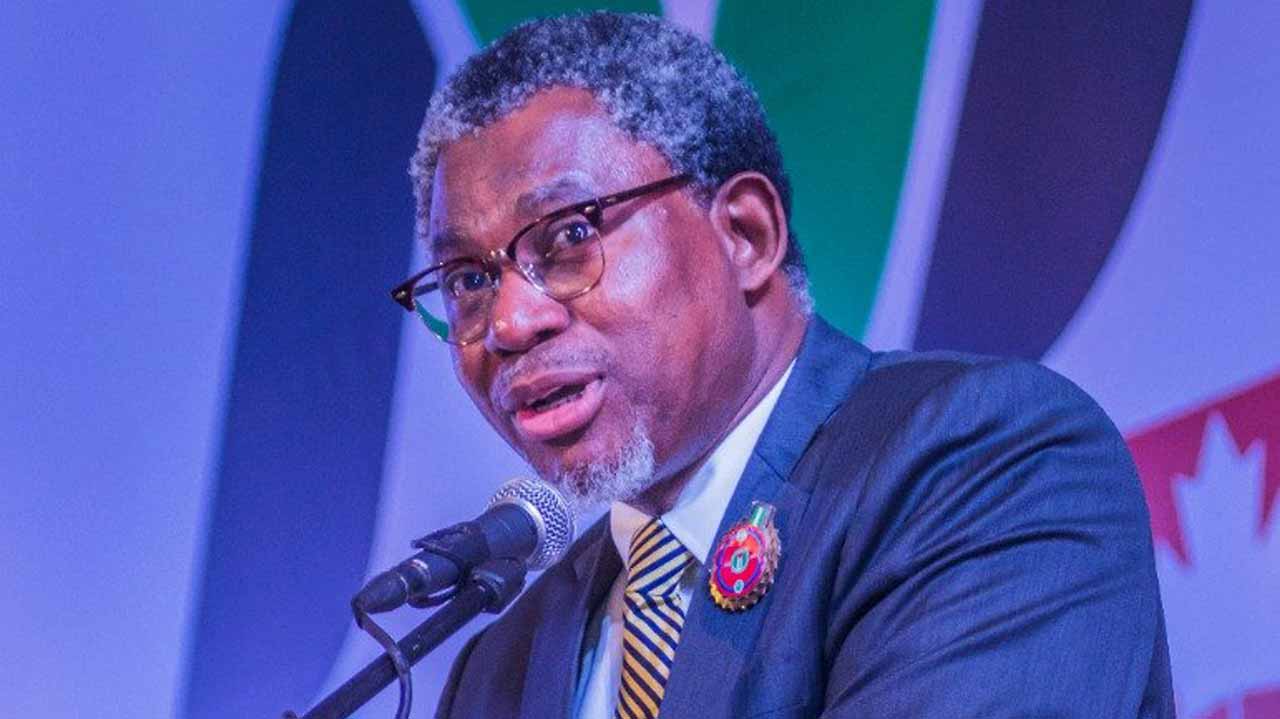The recent proclamation by the Minister of Mines and Steel Development, Lekan Adegbite, that the federal government cannot pre-empt illegal mining because of the vastness of Nigeria, is not only defeatist but has various implications for the well-being of the country and its citizens.
In a recent interview published by various newspapers and broadcast stations, the minister said the government has been “reacting very well” to illegal mining activities and has been arresting those behind them.
The mining sector is significant to the nation’s economy. The Permanent Secretary of the Ministry of Mines and Steel Development, Dr Oluwatoyin Akinlade, during the 2022 edition of the National Council on Mining and Mineral Resources Development (NCMMRD), recently in Abuja, announced that in 2021, the mining sector contributed N7.8 billion to the country’s Gross Domestic Product as against N5.4 billion in the previous year.
While this figure represents growth, it is only a fraction of what the nation could generate from a sector that has suffered massive neglect since the discovery of oil. Historically, mining was one of the major sources of revenue for the country.
- Female candidates brainstorm in Kaduna, hopeful of victory
- Hajj 2023: Kaduna launches pilgrims guide curriculum
As far back as 1903, the British colonial government began the mineral survey of the Northern Protectorate, before doing the same in the Southern Protectorate. By the 1940s, production of coal, tin and columbite had peaked. After the discovery of oil, followed by the civil war, mining regulations changed and by the 1990s, the government started selling government-owned mining companies to private investors.
Nigeria, however, is blessed with abundant natural resources and only in 2018, the Federal Executive Council approved a N12.7 billion contract to survey and create data on some of these resources. However, the failure to have generated and updated these data in the years before and exploiting the resources have created a vacuum which illegal miners have stepped into, often with dire consequences.
In recent years, we have seen unethical and illegal mining in Zamfara resulting in lead poisoning which caused the deaths of at least 163 persons between January and June of 2010. Out of this number, 111 were reportedly children, most of whom were being used by illegal miners to mine the ore. The implication of that disaster is still haunting those communities where hundreds of people are still affected by lead poisoning or the health crisis it has engendered in the villages.
Similarly, the federal government has claimed that there is a direct link between illegal mining and endemic insecurity in parts of the country, especially in the North West. With illegal miners allegedly arming, equipping or otherwise collaborating with bandits, worsening the insecurity in the region, the federal government in April 2019 decided to suspend all mining activities in Zamfara State.
As of 2019, according to a Reuters report, 80 per cent of mining in the country is done by artisanal miners, a good number of which are unlicensed by the government. In recent years, we have witnessed an influx of foreigners, mostly Chinese nationals, who come into the country and embark on illegal mining. They exploit the local populations and expose them to significant health risks.
It is damning that while the minister proclaims that Nigeria cannot pre-empt illegal mining, foreign nationals have intel on our natural resources and proceed to exploit them.
While we acknowledge that mining has suffered significant decline and neglect since the discovery of oil reserves in the country, it is also a huge indictment on the government that natural resources surveys have been going on in this country since 1903, and should have been ramped up in the last few decades.
It behoves the government, especially at this crucial juncture where our public health and national security have been severely compromised by illegal mining, to expedite the survey commissioned in 2018, and update its databank on these resources to be able to prevent illegal mining. The ministry and relevant authorities must thereafter take appropriate measures to constantly survey these sites using technology, local informers and constant security patrols.
For practical purposes, the police or other relevant security agencies should have units that, in addition to their regular duties, can reach and secure these areas of interest within a reasonable time frame.
Where the federal government cannot actively exploit these natural resources, it would then be practical to create enabling laws that will allow states or private contractors to do so legally and ethically, in ways that will secure revenue for the country, protect the environment and guarantee the public health and safety of the miners and the host communities.
Comments such as the one by the minister only re-echo previous ones by President Muhammadu Buhari that Nigeria’s borders are too vast to be secured by employees of the Nigerian government. Such claims serve as needless excuses for a country that has a huge population and a horde of unemployed people who could be drafted into existing security agencies and trained to perform these specific duties. It is not a good approach for the government to be reacting to situations when it should preempt them and take the lead in determining actions and effects. As the adage says, a stitch in time saves nine.

 Join Daily Trust WhatsApp Community For Quick Access To News and Happenings Around You.
Join Daily Trust WhatsApp Community For Quick Access To News and Happenings Around You.


